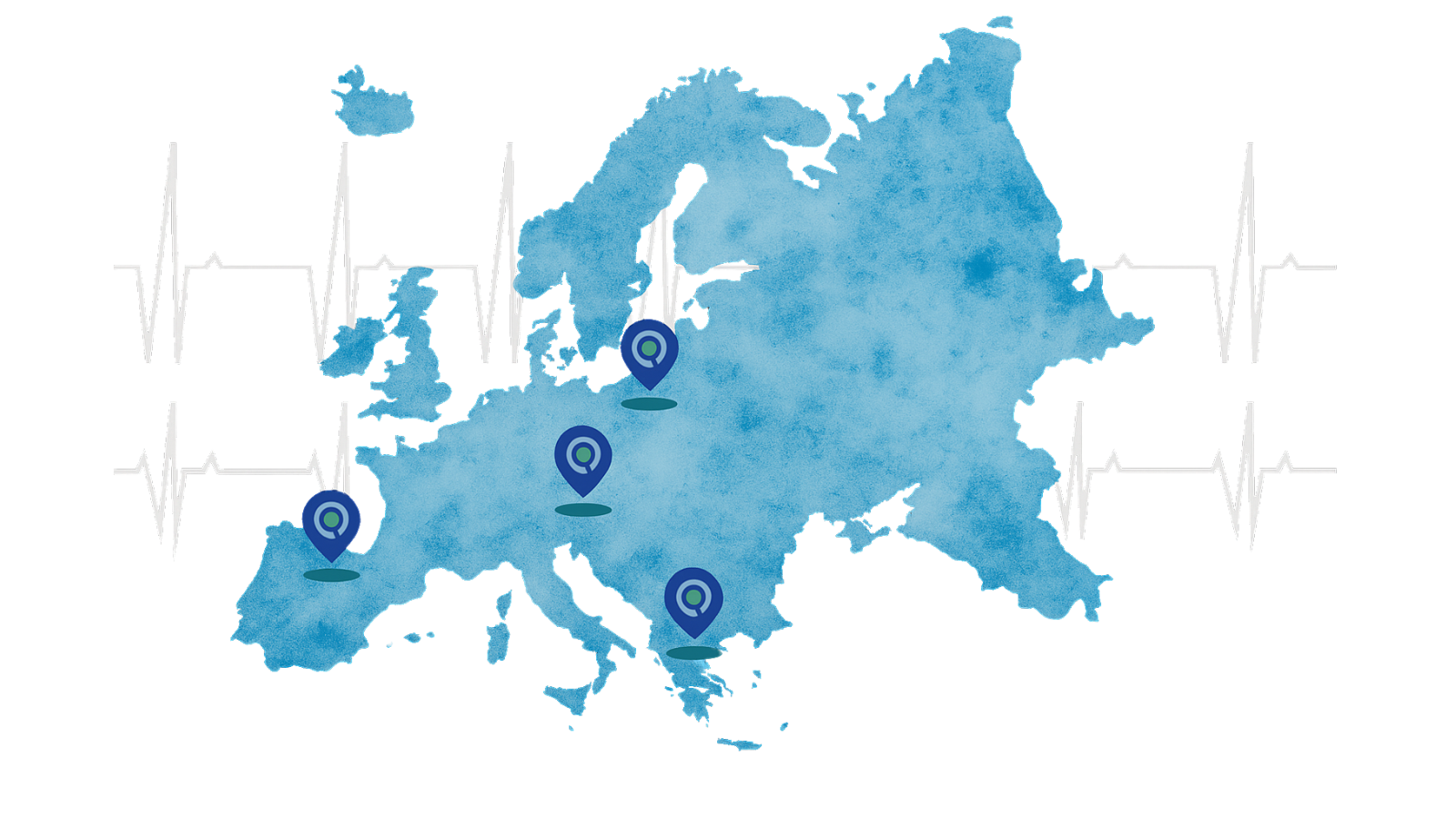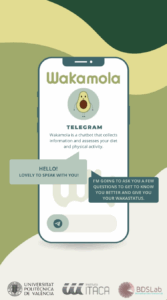
Making Cancer Prevention More Inclusive
CO-CAPTAIN is a European project working to reduce cancer risk and improve access to prevention services for people experiencing mental ill health. To achieve this, the project is implementing a person-centred support model known as Patient Navigation, currently being tested across four pilot sites: Vienna (Austria), Athens (Greece), Lodz (Poland), and Madrid (Spain).
These pilots are tailored to the local context, but they all share a common goal: ensuring that cancer prevention services are accessible, inclusive and designed with the realities of mental ill health in mind.
making.
What happens at the pilot sites?
At the heart of each pilot is the figure of the Patient Navigator — a trusted person who accompanies participants throughout their cancer prevention journey. For people with mental health problems, navigating the healthcare system can involve many obstacles, including stigma, lack of information or emotional distress. The Patient Navigator offers personalised guidance, emotional support, reliable information, and practical assistance, helping each person understand their options and take informed steps to protect their health.
This support is not only clinical — it’s also relational and empowering, built on trust and mutual understanding.
How does it work?
Participation in the pilot follows a step-by-step approach. It begins with an initial assessment (T0), where information is gathered about the participant’s health, daily habits, quality of life, emotional well-being, and use of health services. This sets the baseline for personalised support.
Roughly six weeks later, a midpoint check-in (T1) is conducted to identify any new needs or challenges. Once the navigation support concludes, a final evaluation (T2) is carried out to assess what has changed. Finally, three months later, participants are invited to a long-term follow-up (T3) to understand whether positive outcomes have been sustained over time.
This process respects the individual pace and priorities of each participant and adapts to their changing needs.
The CO-CAPTAIN pilots aim to generate meaningful impact at multiple levels. By supporting people with mental health problems in adopting healthier habits and accessing services like screenings or vaccinations, the project contributes directly to the prevention of cancer and other chronic conditions.
But the ambition goes further: CO-CAPTAIN also works to reduce health inequalities, promote equity in care, and generate robust evidence to inform public health strategies at the European level. The ultimate goal is to ensure that no one is excluded from prevention — regardless of their mental health status.
.
Who can participate?
The CO-CAPTAIN pilots are open to adults aged 18 and older who live in one of the following cities: Vienna (Austria), Athens (Greece), Lodz (Poland), or Madrid (Spain), and who are experiencing mental ill health.
Participation is entirely voluntary and confidential. You do not need a formal diagnosis or medical certificate to take part — what matters is that you feel you could benefit from support in navigating cancer prevention services and looking after your health.
If you sometimes feel that the health system is hard to understand, if you’ve postponed check-ups, or if you would like someone to support you in learning more about prevention and available services, the Patient Navigator can be by your side. This person is there to listen, inform, and support — not to judge.
By joining, you will have the chance to:
- Receive guidance that is adapted to your personal needs and situation
- Learn more about ways to stay healthy and prevent cancer
- Share your experience in a way that can help improve health systems for others
- Be part of a European initiative working to make care more inclusive and just
The support you receive will be free of charge and designed to make you feel heard, respected, and accompanied.
To enhance support, participants are also invited to use two optional digital tools.
The Wakamola Chatbot is an interactive app that guides participants through questions about their health, lifestyle and nutrition in a conversational format. Meanwhile, the Lalaby App uses mobile sensors to passively collect data about daily patterns such as movement, ambient light, sound and activity levels.
These tools allow the Patient Navigator to better understand each person’s context, making the guidance even more relevant and tailored.





